Folk music, by its nature, is meant to be passed down. The genre started as an oral history, meant to keep stories full of moral lessons and history-making moments in rotation. Even in modernity, folk music is meant to be covered, changed, and passed down so that those stories aren’t lost. Though some have inevitably fallen through the cracks, artists have done a pretty good job at keeping the popular ones alive. The three folk songs below have been covered so many times that the original singer has been obscured. Do you know who first recorded these standards?
Videos by American Songwriter
“House of the Rising Sun”
The Animals helped to bring fame to “House of the Rising Sun,” but they weren’t the first to record this track. This song started its life as a folk ballad, first recorded by Appalachian artists Clarence “Tom” Ashley and Gwen Foster. However, the song’s history dates back even further. It goes back so far that folk historians don’t even know who penned this song. “House of the Rising Sun’s” mysterious history adds even more intrigue to this haunting classic.
“Scarborough Fair”
The first commercial recording of “Scarborough Fair” was released by Gordon Heath and Lee Payant in 1955. But the earliest known mention of this folk song dates back to the 1600s. It likely went through many iterations before it became what we know it as today, but you can certainly feel that history when listening to any version of this folk standard. Simon & Garfunkel released the most famous version of “Scarborough Fair” and are often attributed with it. In reality, they are just two of many singers who have become fascinated with this bit of English folklore.
“Man of Constant Sorrow”
Most people know “Man of Constant Sorrow” from the film, O Brother, Where Art Thou? The actors in that retelling of The Odyssey delivered a version that seems too natural to have been a cover. In actuality, Emry Arthur first released this folk song in 1928, and there are versions even earlier than that. A songwriter from Kentucky, Dick Burnett, is credited with the first commercial recording of this song, but he decided not to release it at the time, leaving room for Arthur to make history. At any rate, the film helped keep this story alive, which is the function of any great folk endeavor.
Photo by CBS Photo Archive/Getty Images


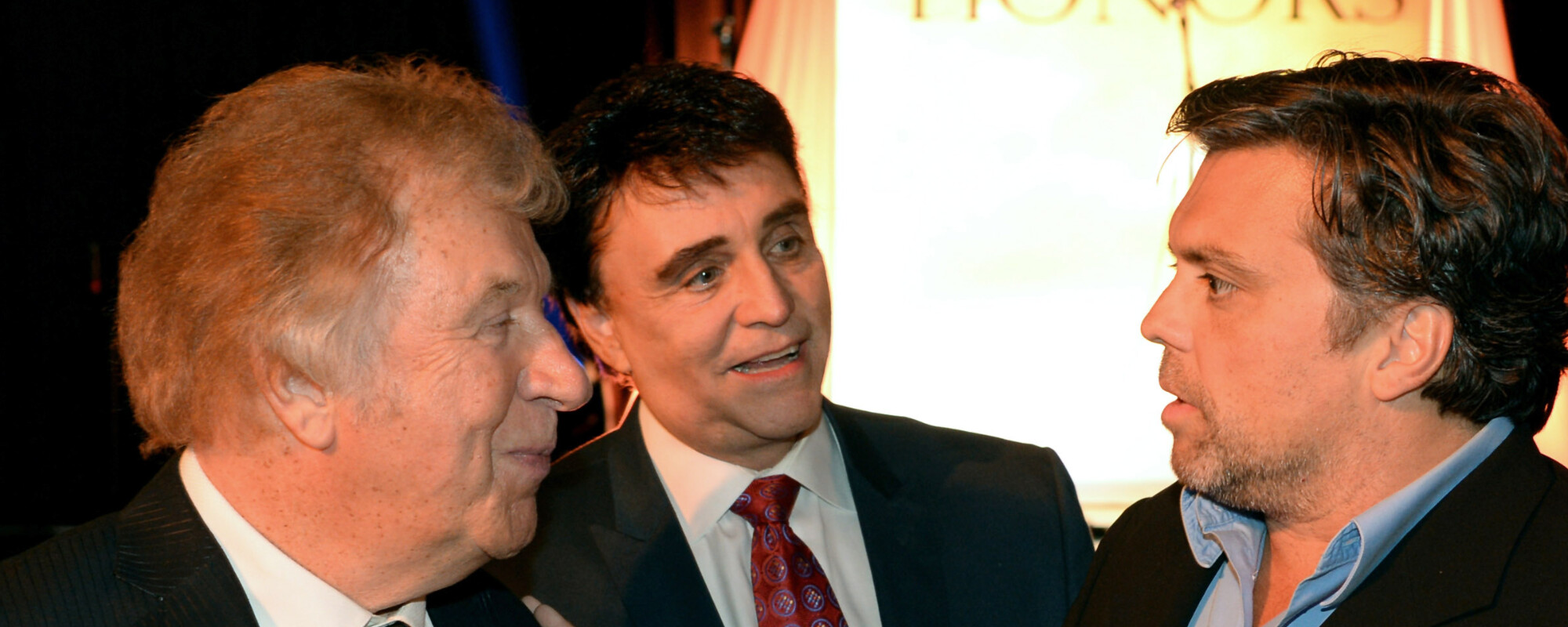

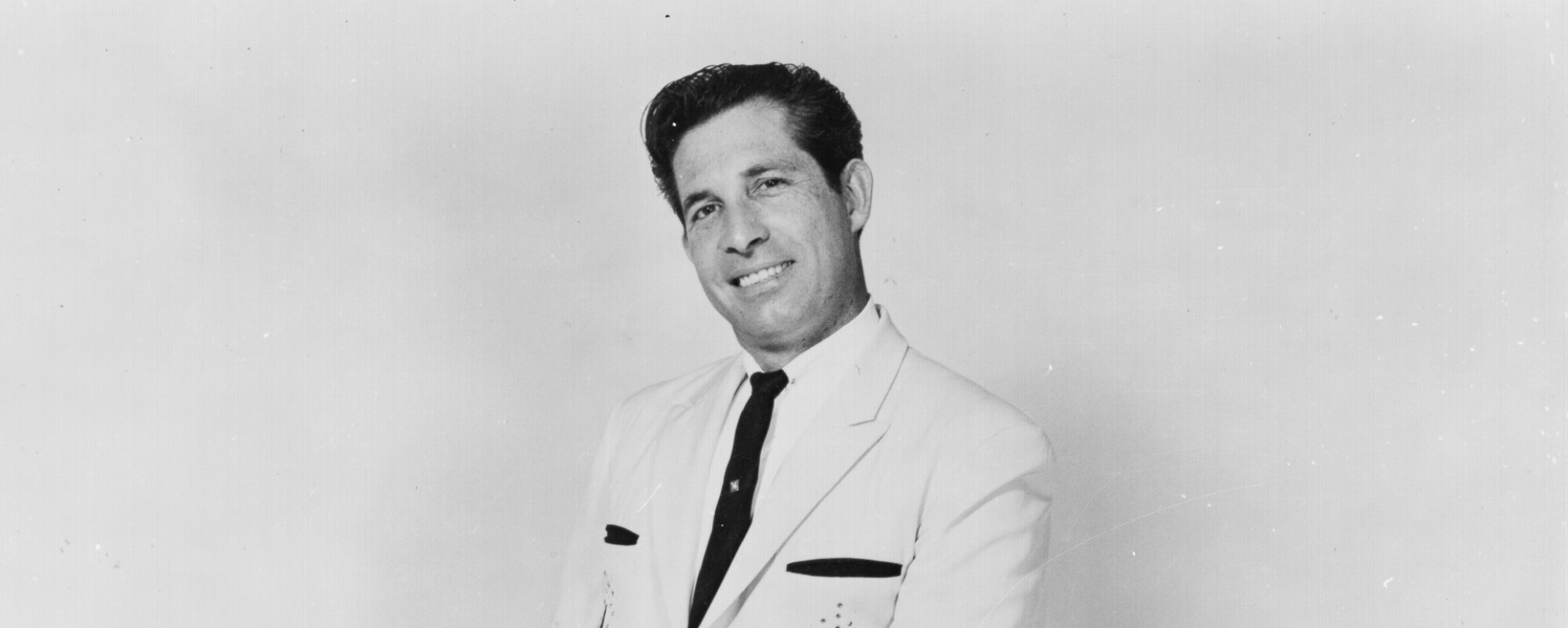
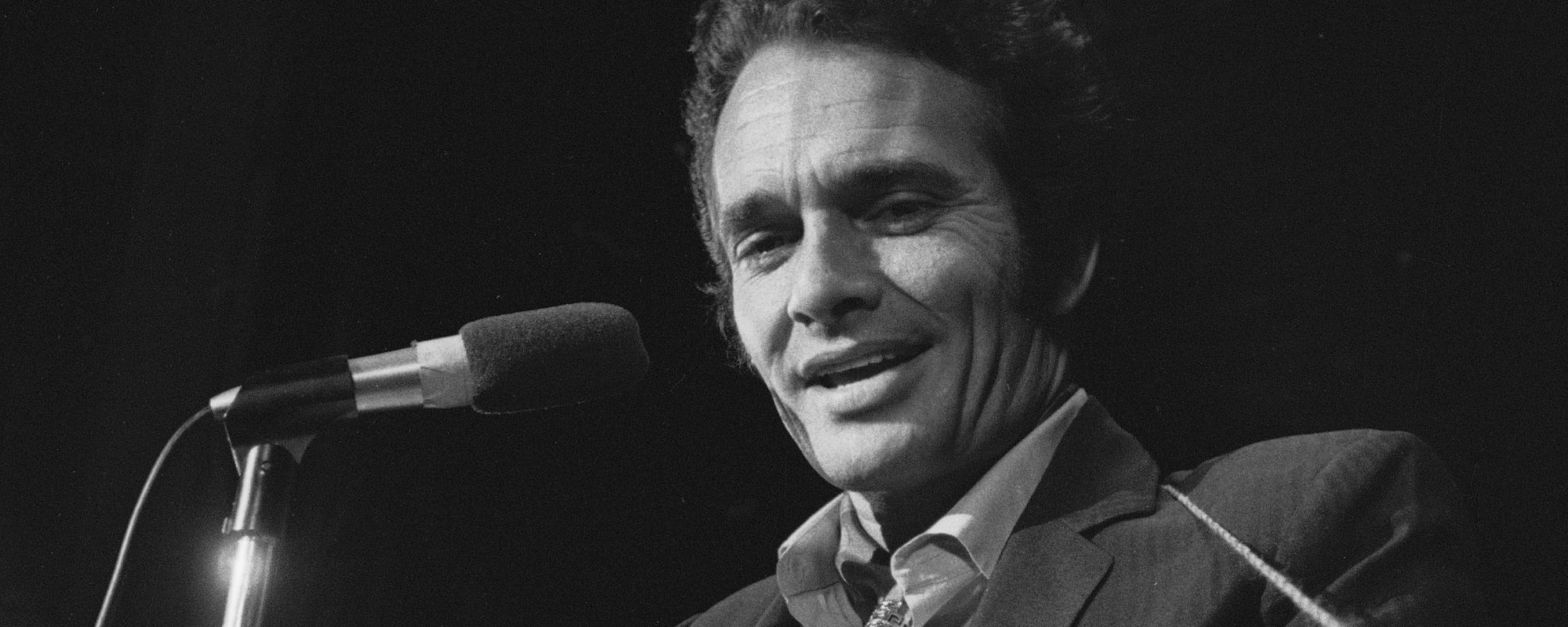
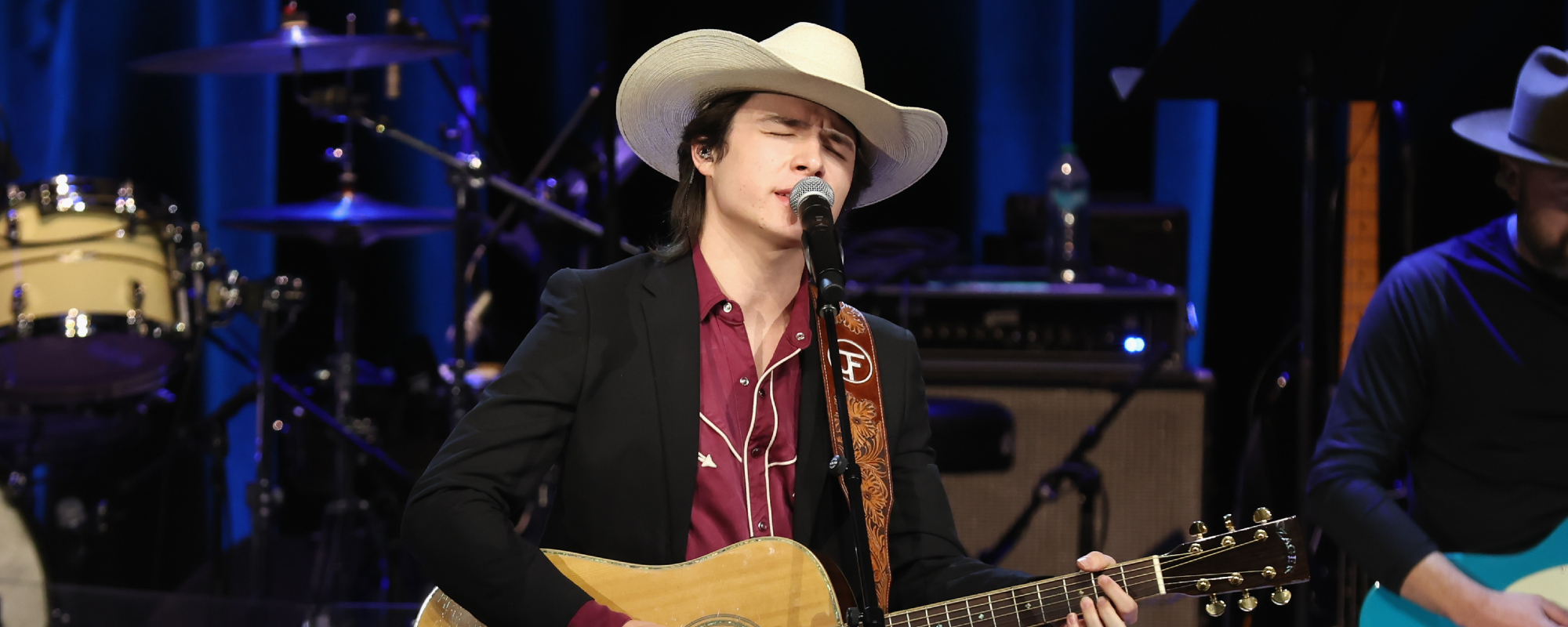
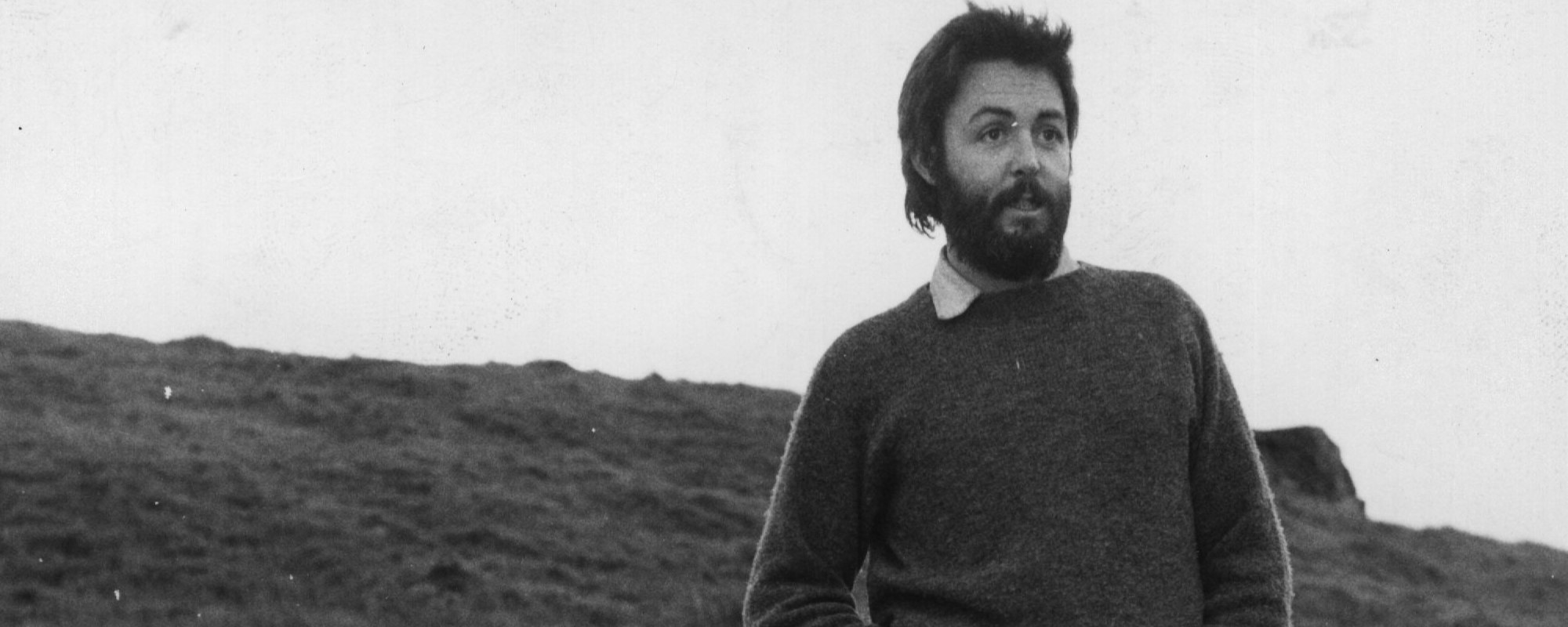

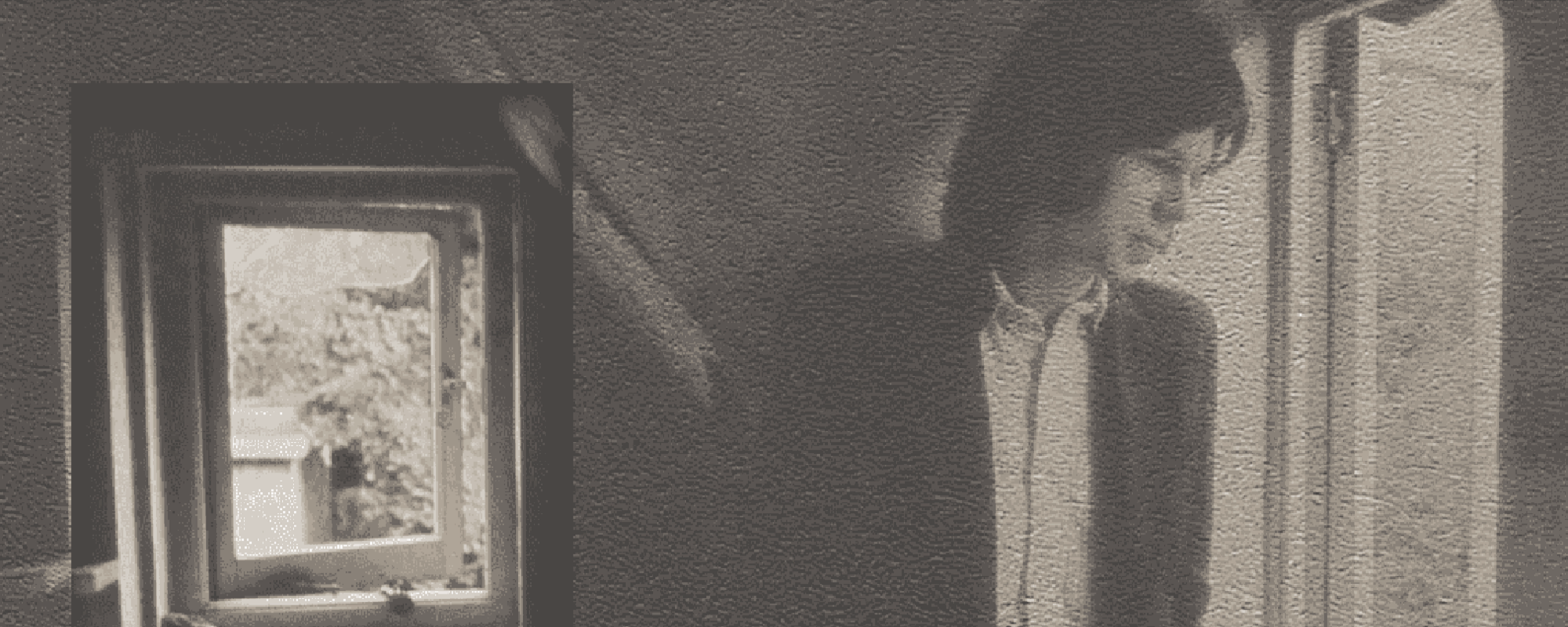


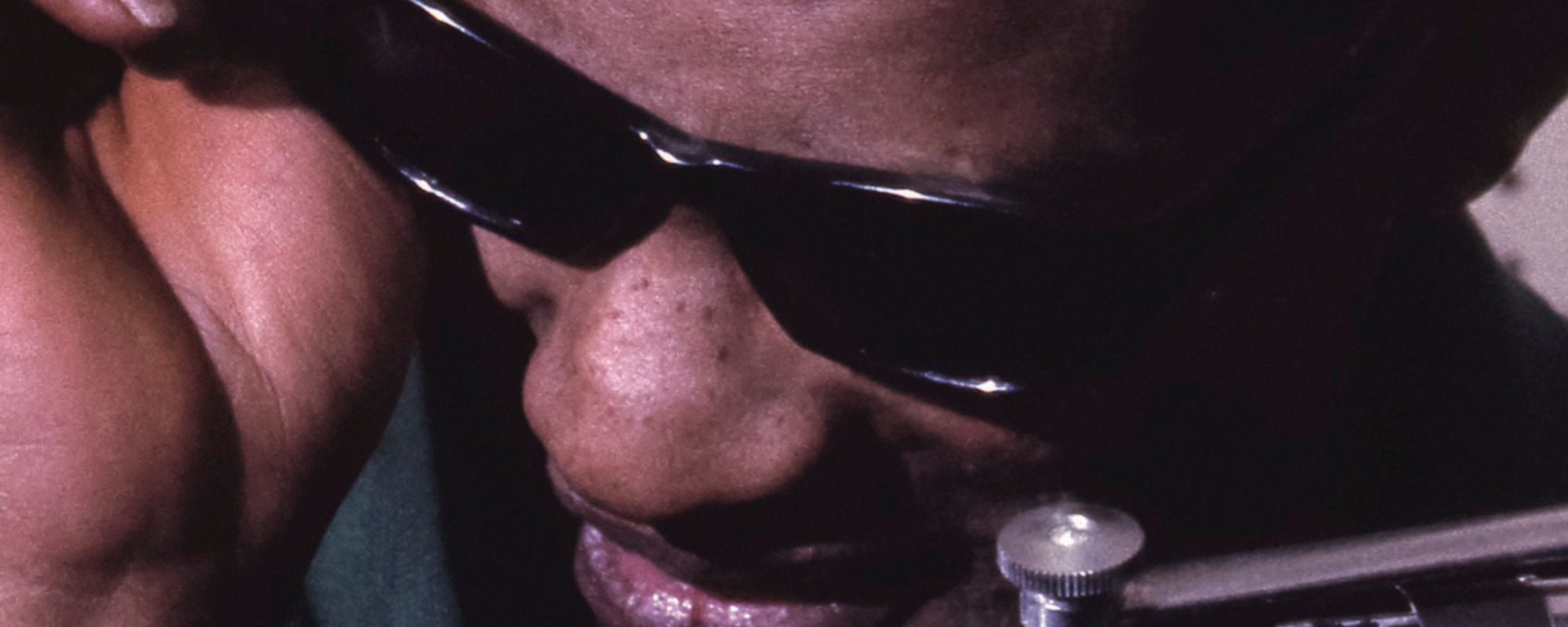
Leave a Reply
Only members can comment. Become a member. Already a member? Log in.